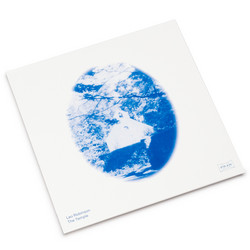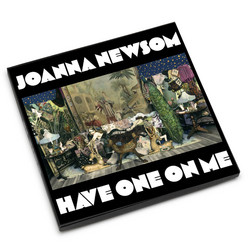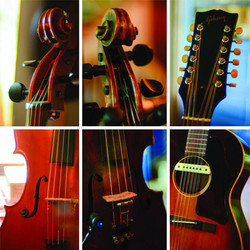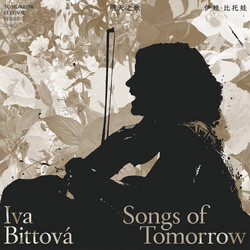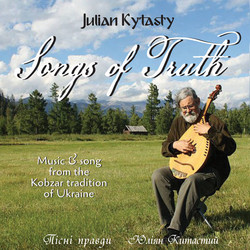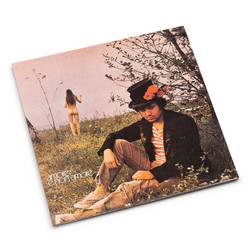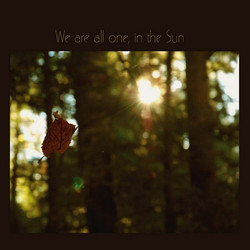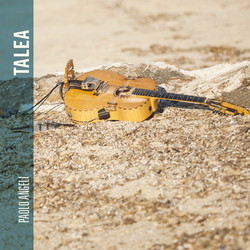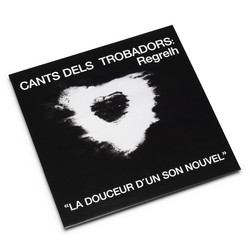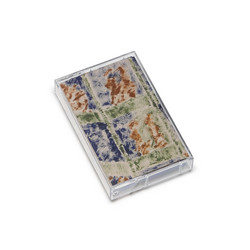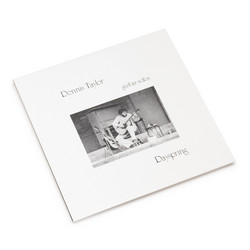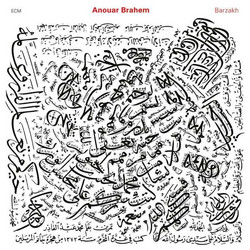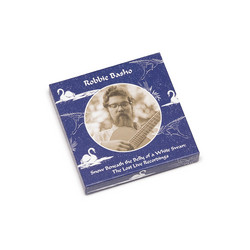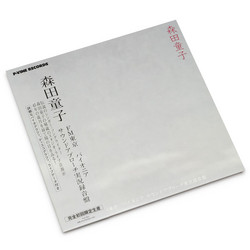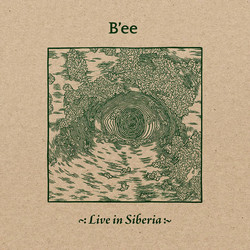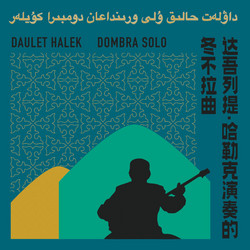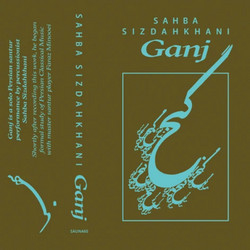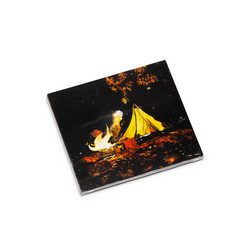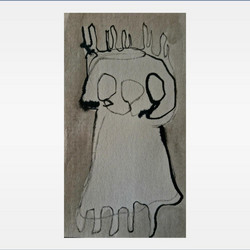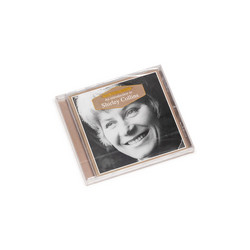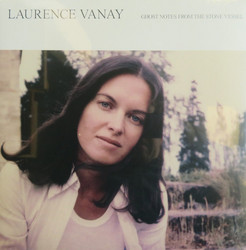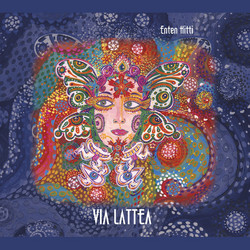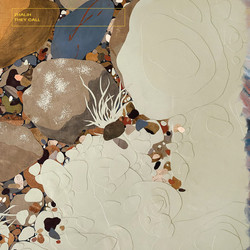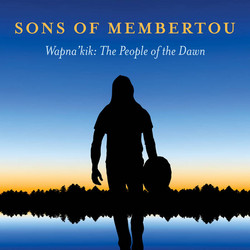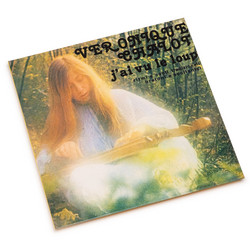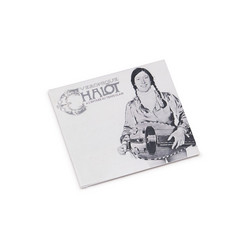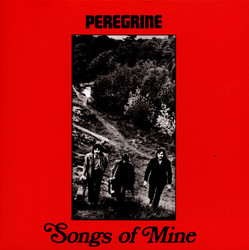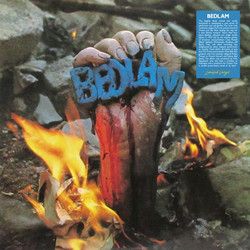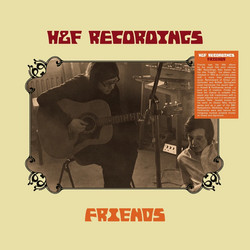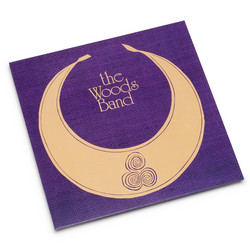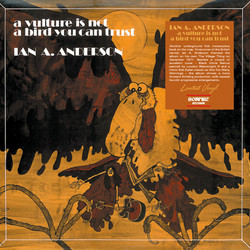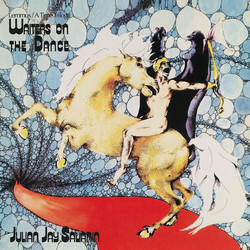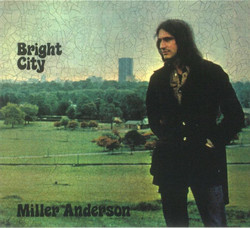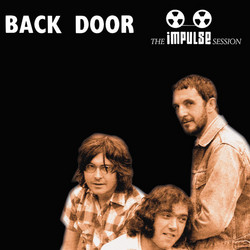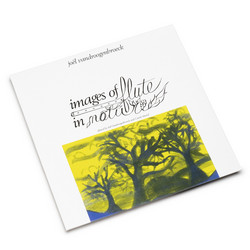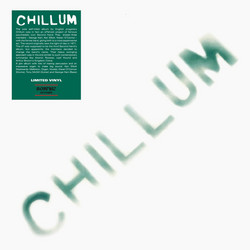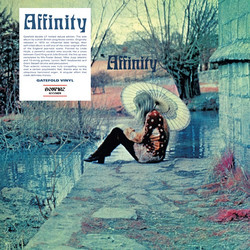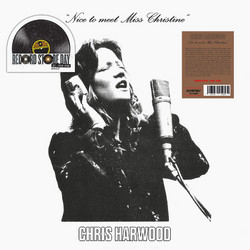Veronique Chalot
A L'Entrée Du Temps Clair (LP)
Veronique Chalot’s A L'entrèe du Temps Clair, first released in 1982 by the Italian label Materiali Sonori, is a singular journey into the heart of French and pan-European folk memory. Born in Normandy and inspired by her early years in Paris, Chalot developed a deep fascination with the lost melodies and intricate rhythms of medieval and renaissance music. This passion led her from the folk clubs of France to a thriving creative community in Italy, culminating in an album that is both archeological and boldly imaginative. Drawing on an array of period instruments—dulcimer, classical guitar, hurdy-gurdy, bouzouki, crumhorn, and bagpipes—Chalot and her ensemble reconstruct medieval and Breton ballads, offering performances that are at once faithful and inventive. Her crystalline voice glides atop arrangements that shimmer with subtle dissonance and modal beauty, inviting listeners into a realm of courtly intrigue, pastoral devotion, and the ageless cycle of human joy and sorrow.
The musicianship throughout A L'entrèe du Temps Clair is distinguished by restraint and elegance. Every song feels like a rediscovered rune—its emotional charge intensified by the sparseness of ornamentation and Chalot’s authentic, lived-in interpretations. The record is a quiet rebuttal to the pop trends of its era, privileging an immersive, intimate atmosphere that recalls the work of contemporaries like Jacqui McShee but with a distinctly continental sensibility. Rather than drown these songs in nostalgia, Chalot makes them startlingly immediate, exposing the dark undercurrents and strange juxtapositions present in traditional repertoires. Her artistry lies in weaving these ancient melodies into a tapestry that feels both rooted and resonant today.
A L'entrèe du Temps Clair has become an important touchstone for enthusiasts of early music and folk revivalism, not only for its historical fidelity but for the sensitivity with which Chalot approaches her source material. She resists the temptation to sanitize or romanticize these stories, choosing instead to foreground their complexity and ambiguity. In the evocative hands of Chalot and her collaborators, folk tradition regains a sense of adventure: you feel the echo of minstrels and troubadours, the tension of forbidden love, and the steadfastness of rural ceremony. Though Chalot passed away in 2021, her work endures as a reminder that music, like folklore itself, is a living, breathing inheritance—waiting for each generation to lend its own voice.
